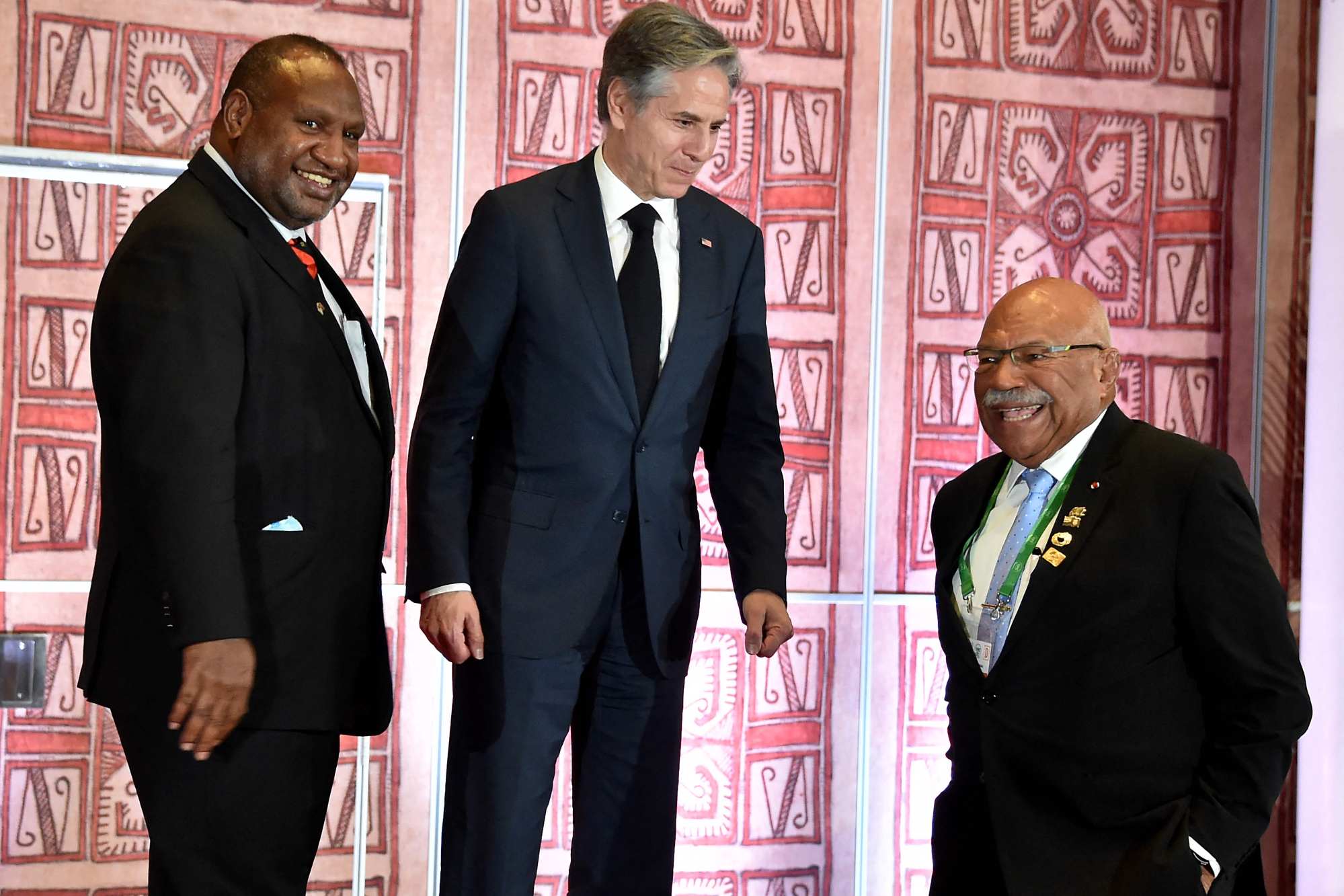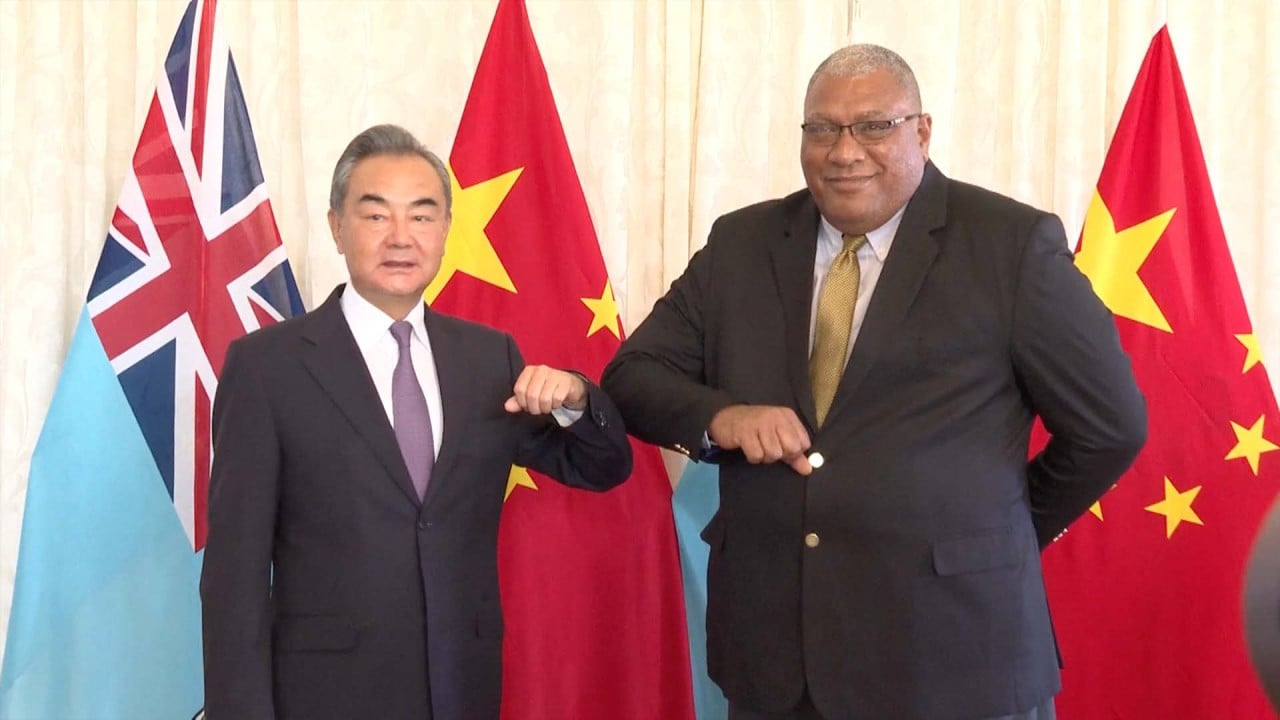
How the US is bolstering its Pacific islands engagement to counter China’s influence
- The US has lagged behind in its efforts to engage with Pacific island nations, but recent action by the Biden administration is attempting to reverse this trend
- Words will only be meaningful if they are followed by concrete action that genuinely involves engaging Pacific nations economically and diplomatically
The Biden administration is aware of this and has moved to re-engage with the Pacific states. Most noteworthy has been US engagement in the Compacts of Free Association (COFA), a series of treaties between the US, Micronesia, the Marshall Islands and Palau. These agreements also outline US financial commitments to the South Pacific Islands. Last March, US Ambassador Joseph Yun was appointed as special envoy to oversee compact negotiations.
During the forum, Blinken emphasised the US$7.2 billion in new US funding and programmes for the Pacific islands region. The State Department also highlighted different deliverables that are part of the US-Pacific Islands Partnership. This includes the signing of COFA agreements, fulfilling long empty embassy positions, returning the Peace Corps to the region, launching the US-Pacific Institute for Rising Leaders, reaffirming policies on rising sea-levels, and much more.

Earlier this year, USAID allocated US$3.2 million in humanitarian relief to help support recovery from tropical cyclones Judy and Kevin, just two of its many initiatives in the region.
Additionally, it is worth noting that US allies are also stepping up their interactions with South Pacific nations. Australia and New Zealand have historically had close relations with the Pacific islands, and South Korea is now showing that it intends to play a larger role in the region. This was underscored when Seoul held its first Pacific Island Summit on May 29.
South Korea hosts its first summit with Pacific island leaders amid China concerns
At the summit, featuring the 18 countries from the Pacific Islands Forum, South Korea stated its intent to double the scale of its development assistance to the region by 2027 and assist in preserving their maritime zones.
India, meanwhile, held its third India-Pacific Islands Cooperation Summit in late May. During the summit, Prime Minister Narendra Modi unveiled a 12-step initiative aimed at advancing his country’s collaboration with Pacific island nations.
To ensure the strategy is a success and for relations to prosper, it is vital that the US increases its economic and diplomatic commitment to the region. Should Washington maintain its present course, it will demonstrate to the Pacific islands, and to China, that it is genuinely committed to assuming a substantial role in the region.
Nathaniel Schochet is an analyst at CJPA Global Advisors and a graduate student at American University SIS focusing on comparative regional studies in the Indo-Pacific region
Earl Carr is founder and chief executive officer at CJPA Global Advisors



